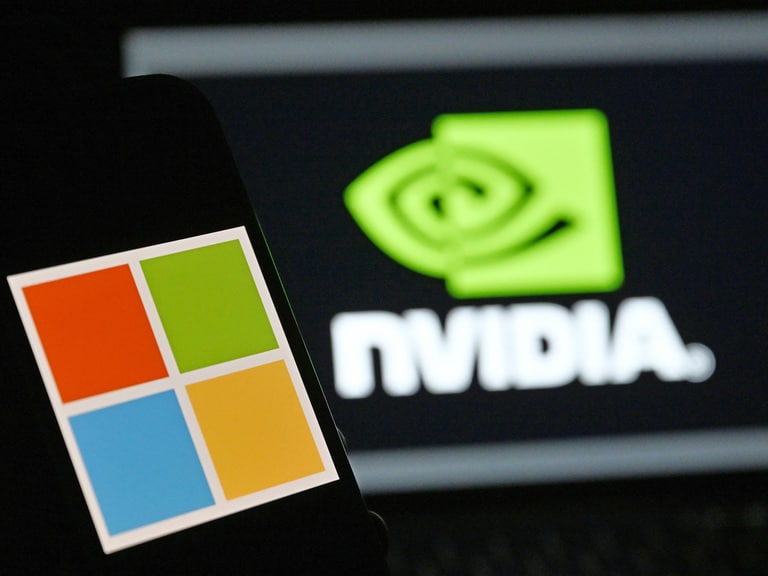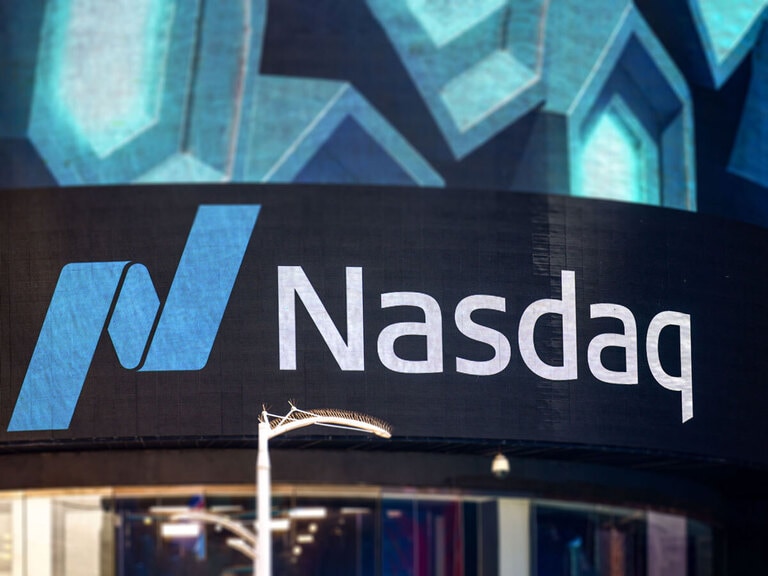Unity’s [U] share price has slipped this year potentially making it a good time to get in on a company that truly dominates its niche.
One way to describe Unity is as a SaaS platform that enables companies to create and monetise interactive real-time 2D and 3D content.
But that doesn’t quite do the tech company justice. Unity’s technology powers 70% of all mobile games, according to its CEO John Riccitiello, speaking on CNBC’s Mad Money at the end of September.
The platform is used by developers to provide physics, lighting, animation and more to mobile games. And it’s not just mobile games. Riccitiello estimates that between 30% to 70% of all console games use the technology. But does Unity’s share price depend on expanding beyond its core gaming market?
Unity’s share price could benefit from expansion
Unity, according to Riccitiello, provides ‘the underlying technology for anything that is 3D’. Riccitiello outlined that the technology has applications outside of gaming, including shopping, construction, manufacturing, and sports. For example, creating a 3D real-time model of a city through ingesting data or showing what an item of furniture would look like in a user’s living room.
Such is Unity’s scope that it also covers emergent investment trends such as machine learning and artificial intelligence. According to Jose Najarro speaking on the Motley Fool’s ‘Backstage Pass’, this scope means that whoever emerges at the top in advertising or virtual reality gaming almost doesn’t matter, as they will be using Unity’s technology.
Mad Money’s Jim Cramer is clearly a fan, telling Riccitiello:
“I find your company to be the most fascinating company in the world right now. And that’s because you're the platform for far more than games, you’re the future for what we see, what we do and what we think. I do not think I’m overstating this.”
“I find your company to be the most fascinating company in the world right now. And that’s because you're the platform for far more than games, you’re the future for what we see, what we do and what we think. I do not think I’m overstating this” - Jim Cramer
Unity’s share price is up over 100% since the technology company went public in September 2020. However, it hasn’t been one way traffic. The start of the year saw Unity’s share price plummet. Having started the year around $155, the stock found itself trading hands at $78.9 on 13 May. Since that low point, Unity’s share price has rallied, closing Tuesday 12 October at $139.24.
Bullishness could come from both Unity’s dominance in the game engine business and expansion into other sectors, which could fuel the firm’s medium- to long-term growth potential.
After all, while having the majority of the major gaming developers on its books is a good thing, Unity might be worried that being too niche could hamper future growth. And any slip on growth could lead to a slip in the share price. Following first-quarter results announced in February, Unity’s share price actually fell as revenue grew 39% year-on-year, down from the 53% growth delivered in the prior quarter.
Unity was keen to highlight growth beyond its core gaming market during second-quarter earnings, having added three new automotive manufacturers and was working with eyewear manufacturers and retailers.
The AI and Deep Learning investment theme
Unity has beaten Wall Street expectations over the past four quarters. Second-quarter results saw the firm post a loss per share of $0.02, easily beating the forecast $0.13 loss per share. Revenue was $273.6 million, an increase of 48% from the second quarter of 2020. The firm also upped its full-year guidance to between $1.05bn and $1.06bn.
$1.06billion
Unity's estimated full-year revenue - a 37.3% YoY rise
For the full year, expectations are that Unity will deliver $1.06bn in revenue, up 37.3% year-on-year. In 2022, the growth rate is looking likely to slow, coming in at 25.8% to deliver an expected $1.33bn. Nothing to be sniffed at, but when a share price is tied to growth there could be some volatility. A key date to watch out for is 9 November when Unity will next update the market.
Of the 13 analysts offering recommendations in September on Yahoo Finance, ten rate the stock either a Strong Buy or a Buy. Unity’s share price has an average price target of $132.5 - a near 5% downside on Tuesday’s closing price.
Disclaimer Past performance is not a reliable indicator of future results.
CMC Markets is an execution-only service provider. The material (whether or not it states any opinions) is for general information purposes only, and does not take into account your personal circumstances or objectives. Nothing in this material is (or should be considered to be) financial, investment or other advice on which reliance should be placed. No opinion given in the material constitutes a recommendation by CMC Markets or the author that any particular investment, security, transaction or investment strategy is suitable for any specific person.
The material has not been prepared in accordance with legal requirements designed to promote the independence of investment research. Although we are not specifically prevented from dealing before providing this material, we do not seek to take advantage of the material prior to its dissemination.
CMC Markets does not endorse or offer opinion on the trading strategies used by the author. Their trading strategies do not guarantee any return and CMC Markets shall not be held responsible for any loss that you may incur, either directly or indirectly, arising from any investment based on any information contained herein.
*Tax treatment depends on individual circumstances and can change or may differ in a jurisdiction other than the UK.
Continue reading for FREE
- Includes free newsletter updates, unsubscribe anytime. Privacy policy





